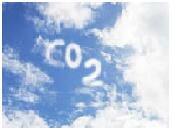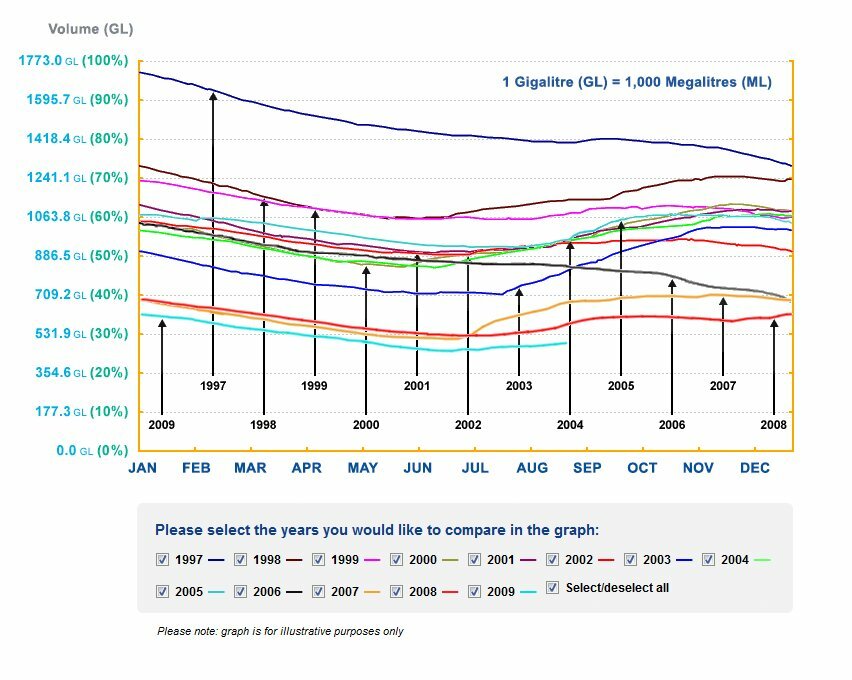Is Climate Change natural or human-induced?
Friday, October 2nd, 2009I have compiled the following information as a response to a friend of mine who has been following the reaction to Ian Plimer’s arguments against human induced Climate Change in his recently published book ‘Heaven and Earth’. I thought it would be a good idea to share the main points with others regarding the release of this controversial book. I can’t really analyse the scientific evidence because I’m not a climate scientist nor am I qualified in any similar fields. For this I rely on others who have the knowledge and experience. But I believe it is important to look at both views on the subject to keep the conversation going.
1. Fortunately we live in a free society where people can offer alternative views to what is accepted by others (even if it is the majority). This obviously applies to scientific stance as well. People have the right to hear both sides of an argument and make up their own minds. It is a radical move though on Plimer’s behalf to publish a book (Heaven and Earth) on such a ‘hot topic’ (excuse the punt) as Climate Change, thus giving ammunition to the deniers who don’t believe that humans have anything to do with global warming. No doubt there are lots of people out there who find comfort in believing that we humans are not responsible for destroying our environment and so they welcome the evidence proposed by Ian Plimer in his book on Climate Change.
2. Nevertheless, all media attention is useful because it brings the topic back into the limelight and initiates and/or continues a public debate on Climate Change. Just consider all the articles published as a result of Plimer’s book and all the other media interviews with both sides of the argument (The Guardian and The Spectator have widely covered this as has the The Australian – see references below). The public wants to hear answers from all the well-known scientists involved in the ongoing debate (and even politicians feel the need to comment on these issues). The blog spots are also running hot with comments on the book and on the exchanges between Plimer, Monbiet, Karoly, Lambert, Enting, Lambeck, Ashley etc. All this attention has resulted in keeping the debate alive and in the end it helps us in reinforcing the importance of doing something about Climate Change.
3. Drawing attention to Climate Change and the challenging of the general consensus in Heaven and Earth has worked because the debate has been taken up by the experts in the appropriate scientific disciplines. They (such as David Karoly and Tim Flannery) have disputed many of Plimer’s points by simply pointing out how unreliable and unsubstantiated the ‘scientific’ facts in his book are. There are lots of inaccuracies and reproductions of scientific explanations by others that were never properly cited or in some cases the actual results that were contrary to his points have been left out of his book. Meanwhile other evidence has been changed to support his arguments – according to these authorities on the subject.
4. The discussion of Climate Change in the media and on internet blogs is very timely as the United Nations Climate Change Conference is only a couple of months away from the 7th December 2009 in Copenhagen.
The following are links related to this topic:
http://www.spectator.co.uk/melaniephillips/3659606/the-modern-heresy-of-true-science.thtml
http://www.theaustralian.news.com.au/story/0,,25433059-5003900,00.html
http://www.timesonline.co.uk/tol/news/environment/article6804961.ece
http://www.guardian.co.uk/environment/georgemonbiot/2009/aug/05/climate-change-scepticism
http://www.connorcourt.com/catalog1/index.php?main_page=page&id=14&chapter=0
http://campaigns.wikia.com/wiki/Monbiot-Plimer_Debate





